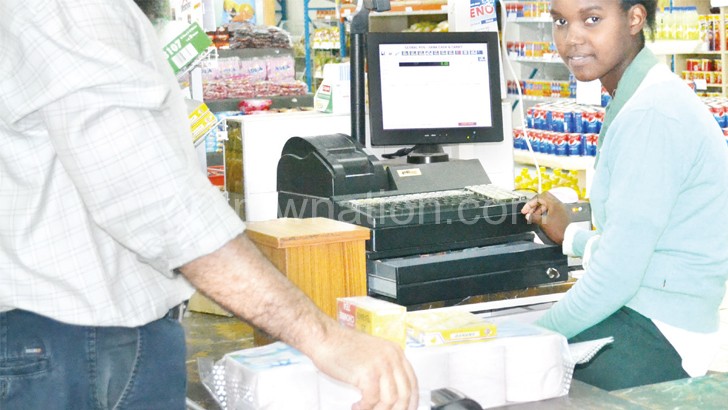Tax reforms face financial hitch
LUCKY MKANDAWIRE, Staff Reporter
While Malawi Revenue Authority (MRA) is registering progress in some areas of reforms as approved by President Peter Mutharika, execution of key changes remain an uphill task largely owing to lack of finances.
Last year, Mutharika approved a package of eight reform programmes for the public tax collector to be implemented within the next three years
in an effort to transform the body into a modern tax administration.

every payment made
One key reform area MRA is undertaking is the Integrated Tax Administration System (Itas) which is expected to facilitate systematic management of taxpayer compliance obligations and delivery of taxpayer services.
Information gathered by The Nation indicates that Itas project has made some
progress in its inception phase since it started in February 2016.
But the information shows that the project’s current major challenge is financing as MRA is yet to identify a donor for the implementation cost estimated at $14.51 million (about K9.8 billion at the current exchange rate).
MRA, on its part, has just managed to raise $1.35 million (about K907 million) for the project’s first year implementation.
Thus, MRA is looking for an estimated balance of $13.16 million (about K8.8 billion) and has since engaged government, through the Ministry of Finance, to assist in the project.
Benefits of Itas include widening the tax net through identification of potential taxpayers, reduction of tax evasion cases, increased compliance and improved quality of services, according to the project brief.
But Minister of Finance, Economic Planning and Development Goodall Gondwe, said in an interview yesterday he was yet to learn about any engagement with MRA concerning the project.
However, he hinted that the public tax collector will have to use its initiative to fund the project.
Said the minister: “It has not come to my level yet, but as you know MRA does not get money from us on the basis of negotiations because they take [some of the revenue] to run the institution at the rate of 2.5 percent of how much they have collected. In this case they will have [to make] an initiative on how to fund it themselves.”
MRA deputy director (corporate affairs) Steve Kapoloma on Thursday said he needed more time to respond to our questionnaire.
But before asking for a written questionnaire, Kapoloma indicated that most countries implementing Itas have benefitted from donor funds because the project involves huge sum of money. He could not name some of the countries.
Despite the financial constraint, Itas has made achievements on several deliverables such as the tax legislation and procedures review, identification and development of change management strategy and identification of projects risks that may affect the implementation, among others.
Besides the Itas programme, other MRA approved reform areas include E-payment system of taxes, electronic fiscal devices (EFDs), installation of cargo scanners at Mwanza, Dedza and Songwe border posts as well as at its Lilongwe and Blantyre offices.
Other reforms are migration from Automated Systems for Customs Data (Asycuda) plus-plus (++) to Asycuda World Technology and interface of Asycuda with Malawi Traffic Information System (Maltis) at Directorate of the Road Traffic and Safety Services (DRTSS) and 24/7 system (International Police- Interpol).
Mutharika launched the ambitious Public Sector Reforms Programme in February last year to turn around the loss-making and politically battered public institutions.
European Union (EU) and World Bank—two of Malawi’s major development partners—have hailed the progress of the reforms but have hinted that some will require time to materialise. n





